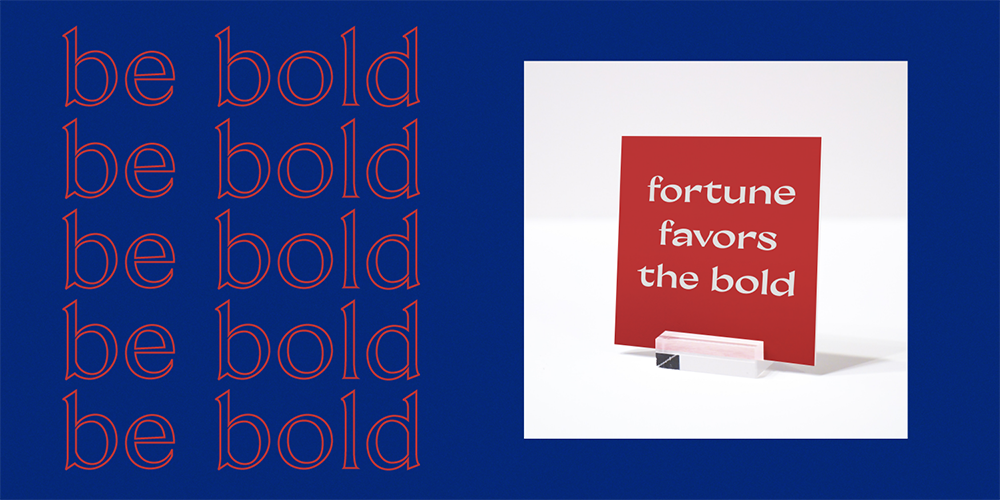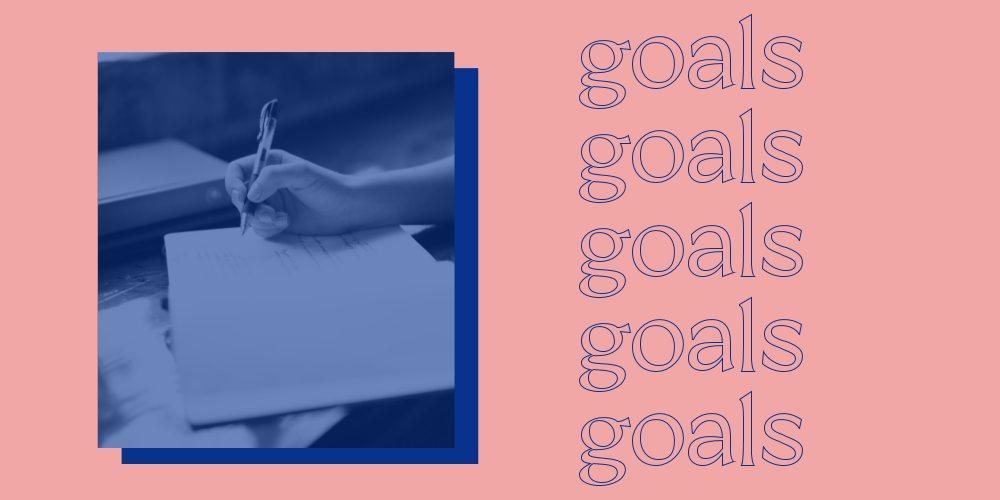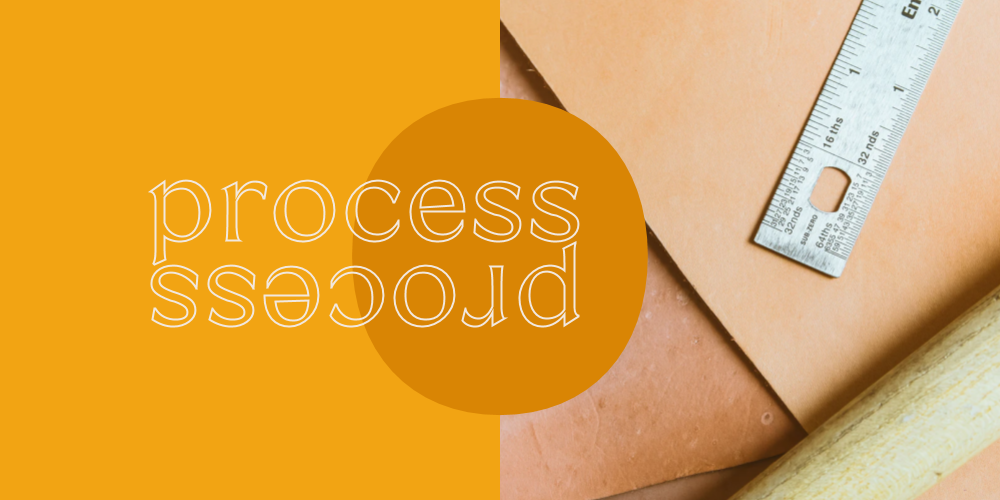
How is risk-taking important for creativity?
Fortune favors the bold. So does creativity.
There are many different forms of creativity and the roadmap for new ideas is not the same for every field. Whether you’re a painter staring at a blank canvas, a writer crafting a new article, a dancer practicing a new move, a musician composing a song, a chef experimenting with flavors, a developer building an app, a scientist proposing a new theory, or an entrepreneur creating a product there are few common traits among each discipline’s process.
Take a moment to imagine a creative person. What are some common traits you think of? What is their environment like? What tools do they use? If the last paragraph was any indication, creativity comes in all forms of specialty and discipline. We, typically, might imagine an artist or designer or sculptor for example. They would be in a studio getting messy building something unique. This may be a reason why when we seek creativity in others, especially those adjacent to creative professionals, we might hear the phrase “oh I’m not creative.” Yet, there are many forms of creativity and each has a specific process for generating new ideas. With all this variety, is there any universal way we can describe creativity?
Universal traits among creative people
To begin to answer this question, we should investigate how we talk about creativity. Our assumptions of artists as the sole domain of creativity paints a broad stroke of what creativity truly is. This becomes a barrier to thinking about creativity. Looking at other terms akin to creativity is helpful to unlock our predispositions to the word creative.
Let’s look at the terms intelligence and expertise. We often describe someone as intelligent without further explanation or description, “Tianna is intelligent.” That’s it. However, when speaking about expertise that is where we get specific. “Tianna is an expert in Renaissance history.” Intelligence in this case is broad, where expertise is specific. According to Dr. John Baer, a professor at Rider University and creativity researcher, creativity is more like expertise then intelligence. Intelligence assumes knowledge in several areas and has a broad understanding of many unrelated areas such as history, math, literature, and science. Expertise is inherently specific. The term itself does not make sense without the subject matter. An expert would have deep knowledge in an area such as a Sommelier understands wine, though, one would not expert the Sommelier to have deep knowledge in jazz or soccer for example. Creative products or outcomes are varied by subject matter expertise — one cannot expect to be creative broadly across domains. Why does this matter? Well, firstly, it broadens what we internalize as creative. We begin to see more opportunity to apply creativity in more domains. It also influences how we assess and determine common processes to a broad spectrum of creativity.
How can we describe creative people across all disciplines?
The creative process will vary from expertise to expertise. No two domains will approach a creative solution in the same manner. So, what can we say is universal across all types of creativity? Perplexity.
The beginning of any creative process begins with perplexity — a problem worth solving. Perplexity drives curiosity. That curiosity forms the basis for the search for answers and creative solutions. That there has to be a better way. With each new problem, a search for other ways at a solution which in turn drives improvements over time and new paths.
Creativity is not safe.
To step beyond the status-quo is risky. Safe is doing something you already know works. Yet, breaking from convention and to try something new, something different is inherently not safe and bold. Creativity is driven by perplexity to develop solutions that are new and unique. No matter the expertise or discipline, we can say that the audacity to try the untried is uniquely creative.

